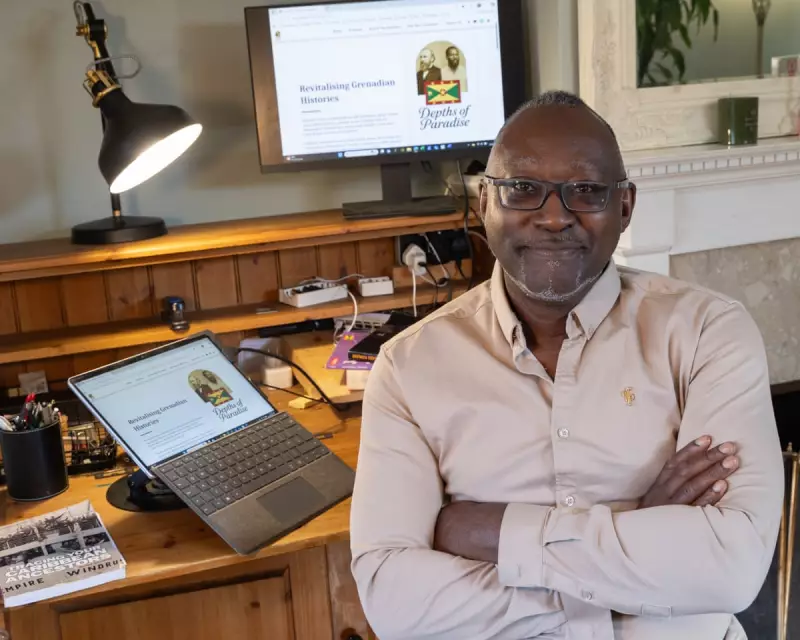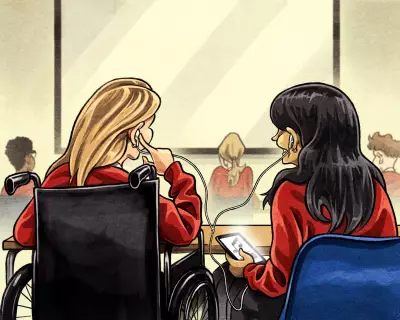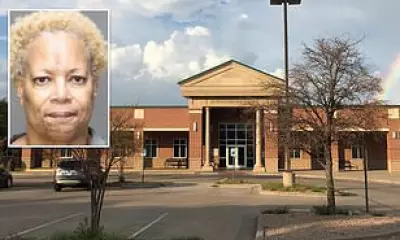
In an unprecedented move for historical preservation, Grenada has unveiled a comprehensive digital archive documenting the lives of enslaved Africans during the brutal colonial era. This groundbreaking project transforms fragile 18th-century legal documents into a fully searchable online database, giving voice to those systematically silenced by history.
Bridging Centuries of Silence
The newly launched Grenada Slavery Records database represents years of meticulous work by international researchers and historians. Containing over 80,000 individual records spanning from 1783 to 1834, the archive provides unprecedented access to the harrowing details of slavery in the British Caribbean.
For the first time, descendants and researchers can trace individual stories through digitised registers of enslaved people, court cases, and property transfers that once treated human beings as mere assets.
How the Archive Transforms Historical Understanding
This digital revolution in historical research allows users to:
- Search by name, plantation, or specific historical events
- Access high-quality scans of original documents alongside transcriptions
- Trace family connections shattered by the slave trade
- Understand resistance movements and legal challenges mounted by enslaved people
The records reveal not just the brutality of the system, but the remarkable resilience of those who endured it. Court documents show enslaved individuals fighting for their freedom through legal means, while registers document the heartbreaking separation of families.
A Living Legacy for Descendants
For Grenadians and diaspora communities, this archive represents more than historical curiosity—it's a reclamation of identity. Many families can now trace their ancestry back through generations previously lost to incomplete records.
"This isn't just about understanding the past; it's about healing in the present," noted one project researcher. "When people can put names to their ancestors and understand their struggles, it creates a powerful connection across time."
The timing coincides with growing global movements addressing colonial legacies and reparative justice. By making these records accessible, Grenada positions itself at the forefront of truth-telling about one of history's darkest chapters.
Technical Innovation Meets Historical Preservation
Using advanced digitisation techniques, the project team has preserved documents that were rapidly deteriorating in Grenada's humid climate. The online platform features intuitive search functions designed for both academic researchers and family historians.
Future phases plan to incorporate additional records from British colonial archives and private collections, continually expanding our understanding of this painful but crucial period in Caribbean history.






